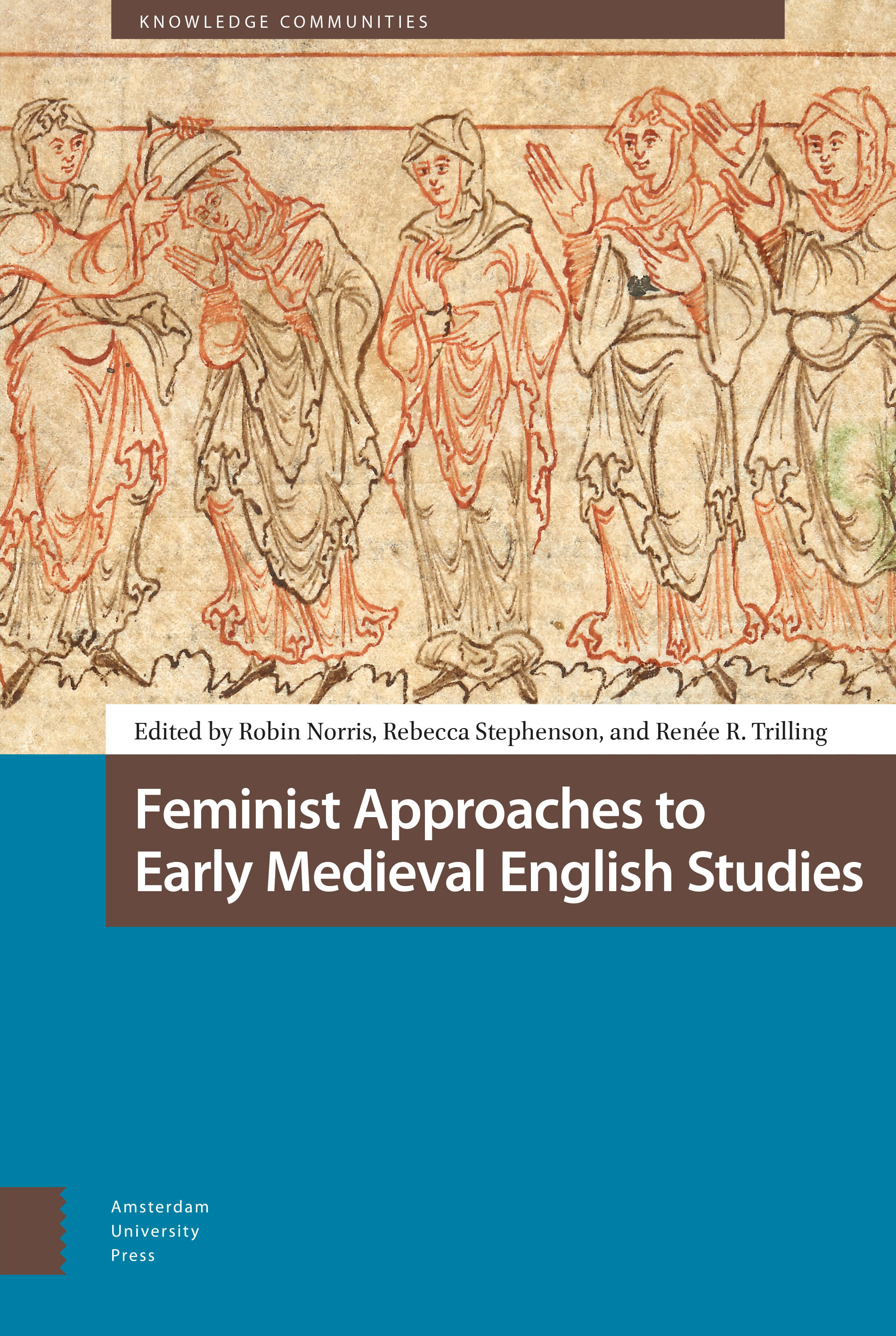Introduction
Published online by Cambridge University Press: 19 April 2023
Summary
In January 2016, the field of early medieval English studies was rocked bythe revelation that one of its most prominent emeritus scholars had releaseda men’s rights manifesto on his website, arguing that feminism hadcompletely dominated academic discourse at the expense of men. In theensuing weeks, further allegations of misogyny and sexual harassment amongearly medievalists multiplied, dovetailing with the cultural energy of the#MeToo movement to launch an ongoing conversation aboutwomen’s place in the field, both as scholars and as subjects ofstudy. For many, these developments seemed retrogressive after consistentprogress throughout the 1980s, 1990s, and 2000s. More women were earningPhDs and publishing scholarship in the field, building formidableinternational reputations and occupying prestigious positions in the highestreaches of academia. Even feminist criticism seemed more or less mainstream;it was no longer radical to suggest that a research project couldincorporate or even focus exclusively on early medieval women, and manybooks and articles were informed by a feminist perspective, even if theyweren’t explicitly feminist in nature. Perhaps this is why thecollective conversation caused such upheaval; it seemed to reveal anundercurrent of misogyny within our field that should have been impossiblein the twenty-first century. How could a field in which women scholars areso visible, and where a great deal of feminist work has won criticalacclaim, simultaneously harbor such retrograde thinking about feminism andthe academy?
In the aftermath of 2016, conversations about the state of thefield—who defines it, who it is for, who belongs, and whodoesn’t—have proliferated on social media, at conferencepanels and roundtables, and in blog posts and journal special issues. Theresult is a long-overdue and much-needed reconsideration of how earlymedievalists, and medieval studies more broadly, demarcate both theirobjects of study and their methods of inquiry. As these conversations havereminded us (again), our fields of study are not ideologically neutral. Likesand in mortar, the values and beliefs of those who defined the disciplineare inherent in its very foundations; they underlie every aspect of ourwork.
- Type
- Chapter
- Information
- Publisher: Amsterdam University PressPrint publication year: 2023
- 1
- Cited by

